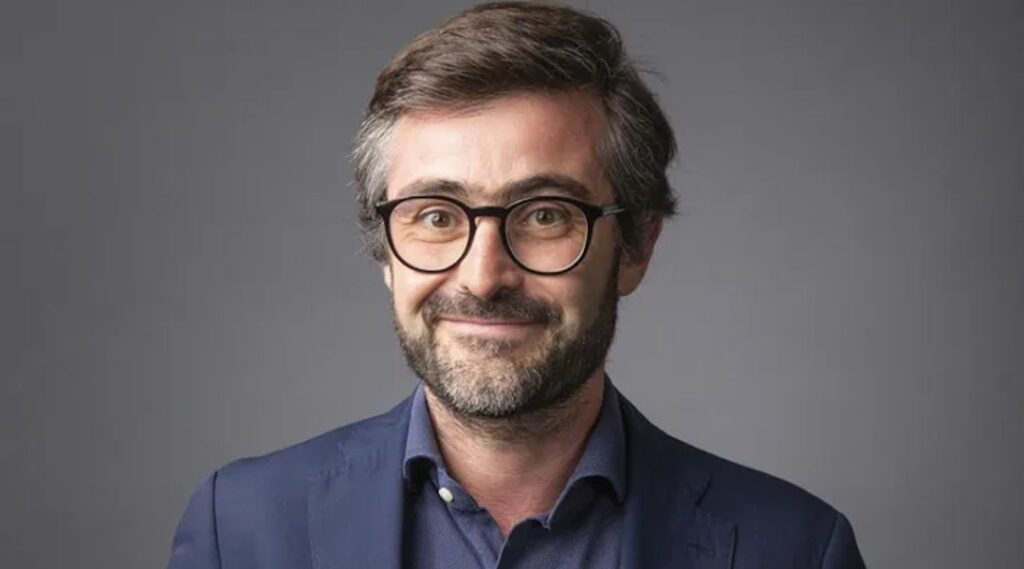Since 1959, when the Debré Law in France introduced the concept of caractère propre—the unique character of private education—it’s been a frequent source of controversy. The same question keeps resurfacing: Does private education, especially Catholic education, have a rightful place in French society?
A fresh example emerged during hearings by a parliamentary inquiry on preventing school violence. While the commission’s work is necessary—and while all forms of violence, including sexual and educational abuse, must be forcefully confronted—the National Assembly has also become, since February, a stage for fierce attacks on Catholic schools. At the heart of many of these critiques is the role of religion in education.
Of course, Catholic schools—and more broadly, all faith-based institutions—must comply with state regulations. After all, the government pays their teachers. No one is arguing that they should be above the law.
But it would be a mistake to demand that Catholic schools be carbon copies of their public counterparts. These schools are popular not just among practicing Catholics; nearly one in five children in France attends a private school. Parents aren’t simply trying to avoid a public system they find lacking. Many are drawn to what they see as a spiritual or values-based “something extra.”
It’s only natural that religion should be present in these schools. Catholic education should remain a space where faith is proposed—not imposed—and where each student’s conscience is respected. So long as common standards are upheld, the diversity of France’s educational landscape is not a threat—it’s a strength.

